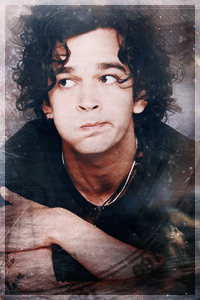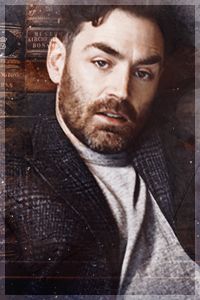Death was normal. She'd read that in a book once in the month after her father's passing. She'd checked out a book all about death, believing it would bring some sort of explainable comfort. There was an afterlife, she'd always been told, and she was sure both Papa and Mama were together in it, waiting for the day she joined them. But even hours of reading did not make experience death firsthand anymore difficult. Charity always wanted to appear strong, to appear put-together, because it was not very proper to cry and she didn't want to give anyone a reason to believe she was too much to handle. She was an orphan—she couldn't afford to.
The moments after the incident were filled with overwhelming confusion and panic. The seats rattled under their bottoms as the sound of screams and pounding footsteps from the box next to theirs filled the air, and Uncle Alfred had pulled her in the opposite direction. She remembered being confused by the sudden outburst, and then the fear had set in. What if they were next? What if the bludger went rogue? She didn't know much about rogue bludgers, but she knew they existed, which was enough to trigger her anxiety.
They'd—somehow—made it home unscathed, and in the time it took to return to Uncle Evander's Irvingly home Charity had reigned in her emotions and replaced them with a tight-lipped smile that didn't quite reach her eyes.
"Uncle Evander, you'll never guess what happened," she said the moment she set eyes on her other uncle, who had seemed reluctant to see her go hours ago. "We almost died."












